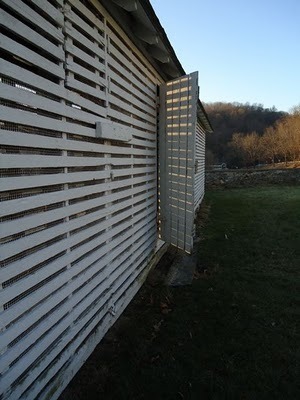Truth or Fiction: Does it Matter When the Lines Get Blurred?
 It may be entirely fuddy duddyish of me, but I continue to ponder the matter of truth on the page—the need, as I see it, to get as close as possible to the what-actually-was when endeavoring in the minefields of memoir or literary nonfiction. Yes, it is true: What we remember shifts and slides during the very act of remembering. Yes, it is also true, as Ander Monson writes in "Voir Dire," that, "The unreliability, the misrememberings, the act of telling in starts and stops, the ****ups, the pockmarked surface of the I: that's where all the good stuff is, the fair and foul, that which is rent, that which is whole, that which engages the whole reader. Let us linger there, not rush past it." The only interesting life, on the page, is the shaped life, the contemplated one, the one sifted for meaning and insight. But don't we have an obligation, nonetheless, to get it all as right as we can get it—to not deliberately work beyond the ken of what we believe happened?
It may be entirely fuddy duddyish of me, but I continue to ponder the matter of truth on the page—the need, as I see it, to get as close as possible to the what-actually-was when endeavoring in the minefields of memoir or literary nonfiction. Yes, it is true: What we remember shifts and slides during the very act of remembering. Yes, it is also true, as Ander Monson writes in "Voir Dire," that, "The unreliability, the misrememberings, the act of telling in starts and stops, the ****ups, the pockmarked surface of the I: that's where all the good stuff is, the fair and foul, that which is rent, that which is whole, that which engages the whole reader. Let us linger there, not rush past it." The only interesting life, on the page, is the shaped life, the contemplated one, the one sifted for meaning and insight. But don't we have an obligation, nonetheless, to get it all as right as we can get it—to not deliberately work beyond the ken of what we believe happened?Having been deeply moved by "The Wave," Francisco Goldman's Personal History story in this week's issue of The New Yorker, I went on to find this audio recording of an interview conducted with Goldman in The New Yorker offices. Goldman is talking about both the essay and the novel, Say Her Name, that Grove is releasing this April. Both pieces—the essay and the fiction—were inspired by the tragic death of Goldman's young wife. Just why Goldman chose to call the long work a novel and the short piece an essay is hugely instructive, and, I think, honors both his wife and the respective forms. You can find his commentary specific to that matter starting nearly 7:45 minutes into the conversation.




Published on February 03, 2011 05:17
No comments have been added yet.



